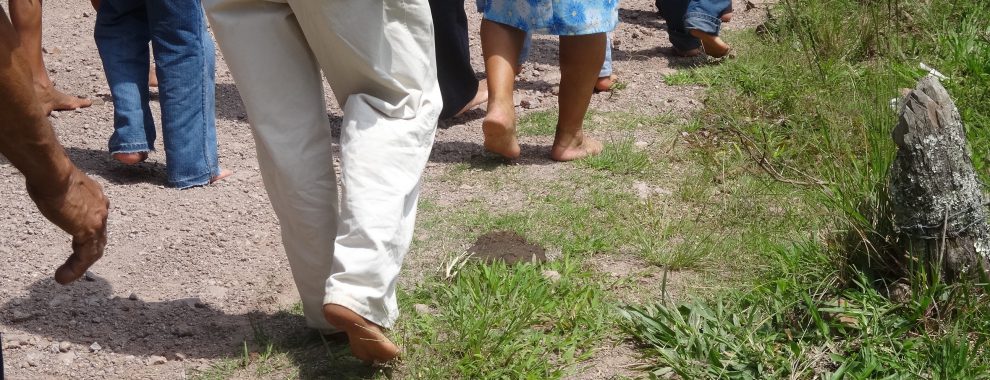“Not to share one’s goods with the poor
is to rob them and to deprive them of life.
It is not our goods that we possess, but theirs.”
St. John Chrysostom, Homily on Lazarus
Luke’s Gospel is a major challenge for us who come from rich nations. In many ways we are like the nameless rich man who feasts while Lazarus stares, unseen, at our doorsteps. Today’s Gospel, Luke 16: 19-31, is hard to hear, if we are really open to God’s Word.
It is hard to see those who are poor and marginalized. We’d rather turn away. We find excuses not to look.
We prefer to have splendid churches – but how many of us really open our hearts to the poor?
I know that I am generalizing. I know many people devoted to sharing with the poor, to accompanying them.
But this is the challenge of a society where power and wealth are idolized, where the bottom line is all too important.
This is not new.
Amos saw this in his day, as he castigated those who lounged on their ivory-inlaid beds and ate the best of meats.
Isaiah (chapter 58) saw this as he castigated religious cults with out sharing with the poor.
St. John Chrysostom spoke clearly against those who would neglect the poor to enrich the churches:
God does not want gold vessels but gold hearts….
What use is it for Christ to have golden cups if he is dying of hunger? First fill the hungry person; then adorn the table with what is left over.
Pope John Paul II, at a Mass in Edmonton, Ontario, Canada, bluntly challenged North Americans:
“In the light of Christ’s words, the poor South will judge the rich North. And the poor people and poor nations—poor in different way, not only lacking food, but also deprived of freedom and other human rights—will judge those who take these goods away from them, amassing to themselves the imperialistic monopoly of economic and political supremacy at the expense of others.”
So what are we to do?
As Pope Francis recently said
You can’t know Jesus in first class. You get to know Jesus out and about in your everyday, daily life.
And where is this?
As Pope Francis said in July:
…our life will only be changed when we touch Christ’s wounds present in the poor, sick and needy.
This is not easy. But, if we really see and touch the poor, we may be graced with love.






